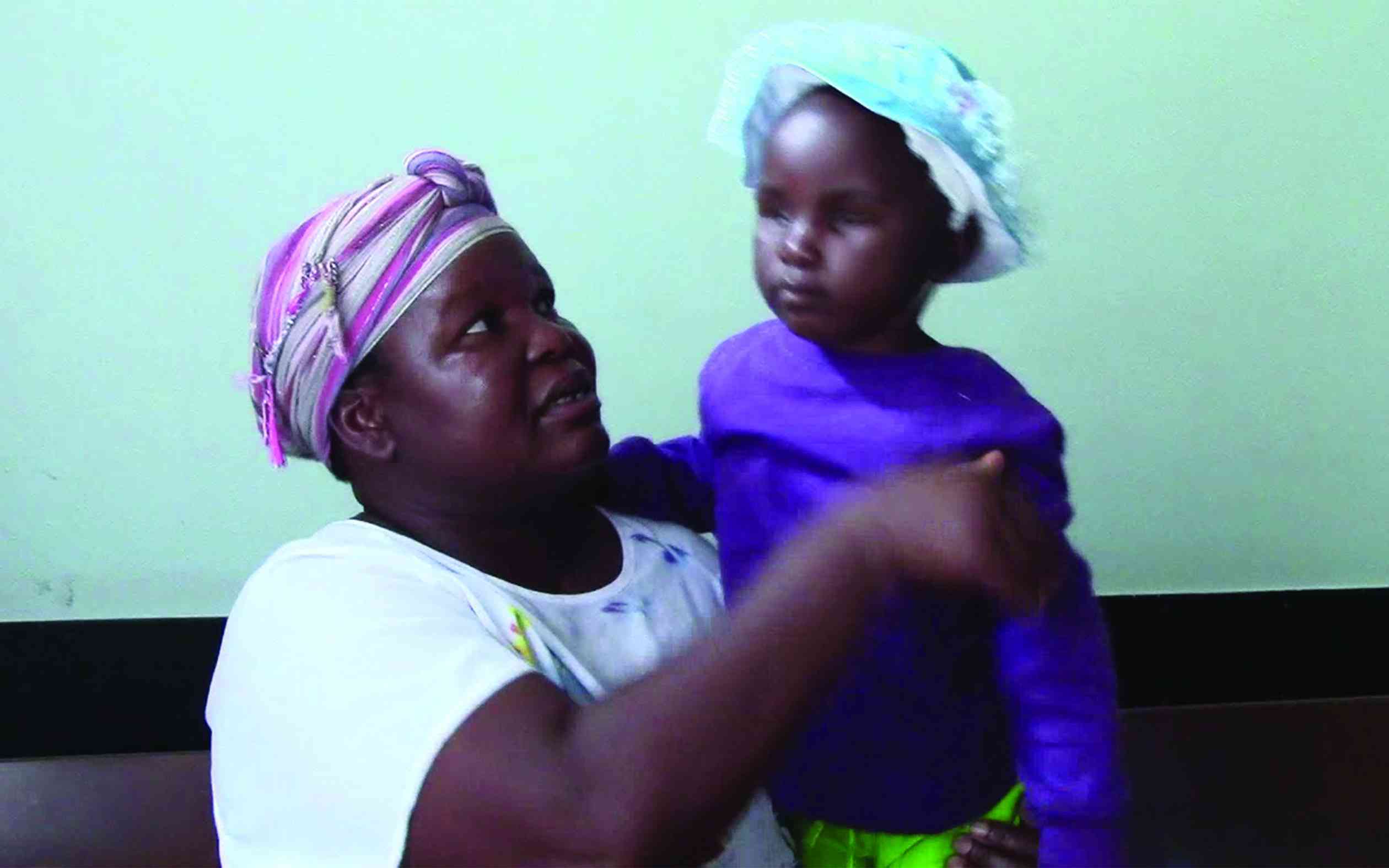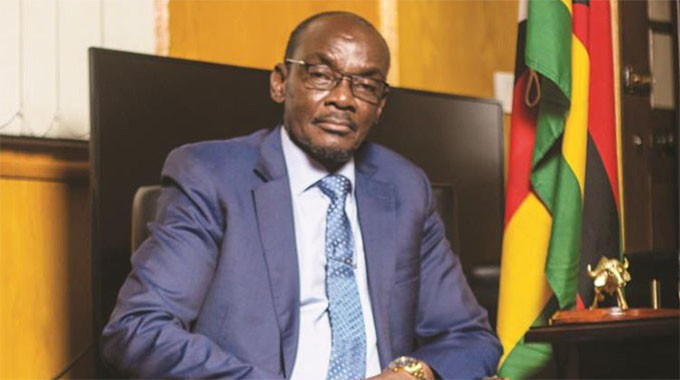
Every September, the world marks International Childhood Cancer Awareness Month. Yellow ribbons appear on lapels, campaigns highlight early detection, and stories of survival inspire hope. Yet, behind every child’s fight against cancer lies another story—quieter, often invisible, but equally critical. It is the story of the caregiver.
In Zimbabwe, this role is most vividly seen at Rainbow Children’s Village (RCV) in Harare, where children from across the country come to stay as they access specialised cancer treatment at the only public paediatric treatment centre at Parirenyatwa Hospital.
For weeks or even months, these young patients and their caregivers—most often mothers or grandmothers—call RCV their temporary home.
The children arrive with fragile bodies and heavy burdens. But it is their caregivers who shoulder a different weight: the responsibility of creating a safe space where their children can heal, emotionally and physically, while navigating the harsh realities of illness, limited resources, and distance from home.
Caregiving for a child with cancer is not limited to emotional support or the occasional helping hand. It is an around-the-clock role. Caregivers become nurses, counsellors, nutritionists, teachers, and protectors—all rolled into one.
They administer medication, monitor fevers, assist with hygiene, prepare meals, and keep watch at night when pain or nausea makes sleep elusive. They offer a comforting hand when a child is terrified of needles or when the chemotherapy side effects seem unbearable.
They are the ones who whisper encouragement before another round of treatment, who wipe away tears and fears, and who try to maintain a sense of normalcy in a life disrupted by disease.While their presence is vital to the child’s recovery, caregivers often pay a heavy price themselves.
Many are the breadwinners back home. Leaving their jobs or small businesses to accompany a child to Harare means lost income. For rural families, the disruption is even more severe. Livestock may go untended, crops may fail, and other children are left in the care of relatives. This economic strain is compounded by emotional stress.
The uncertainty of cancer outcomes, the loneliness of being far from home, and the daily worry over hospital bills and food weigh heavily.
Some caregivers report feeling torn between their duty to the sick child and the responsibilities they left behind.Yet, they remain steadfast. Despite exhaustion, fear, loss of livelihoods, they continue to create an environment where their children feel loved and safe.
Medical research increasingly confirms what families have always known: caregiver support directly affects cancer outcomes.
Children with attentive caregivers are more likely to complete treatment regimens, attend all scheduled hospital visits, and cope better with the side effects of chemotherapy and radiotherapy. Emotional stability provided by caregivers reduces anxiety and depression in young patients, allowing them to focus their limited energy on recovery.
Caregivers are the glue that holds everything together. Without them, even the best medical interventions can fall short.
A child cannot fight cancer alone.Caregivers also act as advocates—asking questions on behalf of their children, ensuring prescriptions are followed, and flagging complications early.
Their vigilance often makes the difference between a manageable side effect and a medical emergency.
Despite its centrality, caregiving remains largely invisible in both economic and social terms. In Zimbabwe, as in many parts of the world, unpaid care work is rarely recognised as “work.”
Tasks such as cooking, cleaning, or child rearing are often taken for granted, even though they are essential to family and community wellbeing.
When it comes to paediatric cancer, this unpaid labour extends to administering medical care and providing psychological support—tasks that in any other context would require trained professionals and salaries.
By stepping into these roles without pay, caregivers are not only saving costs for health systems but also creating the very conditions necessary for children to heal.Caregivers are also architects of safe spaces.
Children undergoing cancer treatment often face fear, uncertainty, and physical discomfort. Hospitals can feel cold and overwhelming. It is in the presence of a caregiver that children find warmth, reassurance, and a sense of normal life.
At RCV, the sound of laughter during shared meals, stories told at bedtime, and familiar lullabies echoing through dormitories are testaments to the nurturing environments caregivers create.
These small acts of care do more than comfort—they build resilience in children who must endure long and painful treatments.
Experts note that children who feel safe and emotionally supported are more likely to cooperate with treatment, recover faster from procedures, and maintain hope through prolonged hospital stays.
As Zimbabwe joins the global community in raising awareness of childhood cancer this September, the message must extend beyond medical breakthroughs and survival statistics. It must also shine a light on caregivers—the backbone of paediatric cancer support.
Policy makers, health institutions, and communities need to recognise unpaid care work as a vital component of healthcare, provide financial and psychosocial support for caregivers, create caregiver-inclusive policies that acknowledge their role in treatment decisions and hospital planning and raise public awareness to reduce stigma, increasing appreciation of caregiver contributions.
By doing so, society affirms that the fight against childhood cancer is not waged by doctors and patients alone, but also by the caregivers who sacrifice and stand steadfast behind every child.
As yellow ribbons are pinned this September, let them remind us of both the children fighting cancer and caregivers who walk every step beside them. Their work may not appear on payslips or in economic reports, but its impact is written in survival stories, in children who smile again, and in families who find hope in the darkest of times.
Caregivers are not just helpers. They are healers, protectors, and unsung heroes. Dignifying their role is not only a moral obligation but a practical necessity—because no child should fight cancer without the safe space of love, care, and unwavering support.
Makanjera is programmes manager at KidzCan Zimbabwe. She is an economist. KidzCan Zimbabwe is a local child-centred non-profit organisation dedicated to improving survival rates of children with cancer through medical psychosocial, material support. It partners the Ministry of Health and Child Care to support four major public hospitals in Zimbabwe. — https://kidzcanzimbabwe.org/ These weekly New Horizon articles published in the Zimbabwe Independent are coordinated by Lovemore Kadenge, an independent consultant, managing consultant of Zawale Consultants (Private) Limited, past president of the Zimbabwe Economics Society (ZES) and past president of the Chartered Governance & Accountancy Institute in Zimbabwe (CGI Zim). — kadenge.zes@gmail.com or Mobile No. 263 772 382 852.
.







